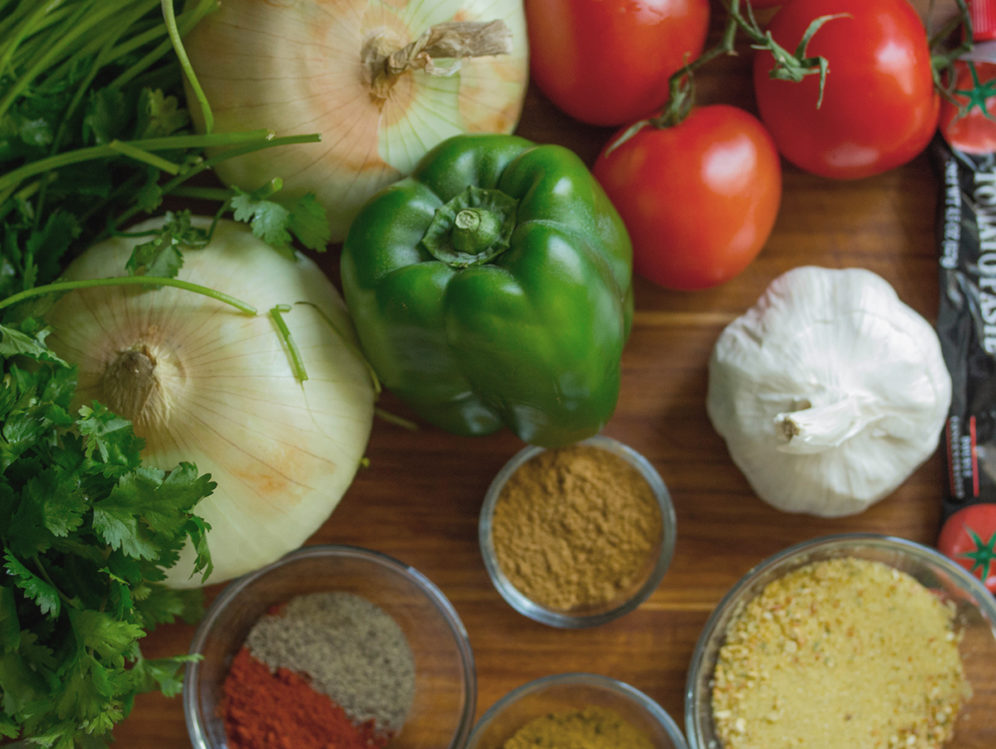Salt, something that we use and consume everyday, weather we are aware of it or not has many uses both in the culinary and medical worlds. It also is a word that can scare us and bring about fears of high blood pressure, heart disease and stroke. But is salt really that bad? and do we need to consume this mineral at all? Like I said, at the beginning of the year I will be discussing different herbs and spices. I thought, why not discuss something that we use everyday and has so many negative thoughts associated with it.
According to the Harvard school of public health, salt which is comprised of 40% sodium and 60% chloride is essential for human function and has many culinary capacities as well. Salt, adds flavor to food and can be used as a food stabilizer. Salt also is used as a preservative and binder, so why all the bad publicity?
The human body needs a very small amount of sodium to conduct nerve impulses, contract and relax muscles and balance water and minerals. The problem… we get too much of this lovely mineral. On average a day Americans consume about 1 ½ teaspoons of salt per day, which is a lot more than the body needs. Overconsumption of salt leads to many health diseases, but how?
Over consuming salt can put a lot of pressure on our kidneys, and they are unable to keep up with the excess sodium in the bloodstream. As sodium accumulates, the body than tends to hold onto more water in order to dilute the sodium. This causes an increase in both the fluid surrounding the cells and the volume of blood in the bloodstream. This increases blood volume, means more work for your heart and more pressure for your blood vessels. This increase work load can than lead to high blood pressure, heart attack and stroke, it can also lead to heart failure.
This can make us think , if salt is so bad and can lead to things like heart disease and stroke why consume it at all? Eliminating all salt from your diet is not healthy, like we discussed earlier salt is essential for many biological processes. What we should be asking is how much is too much? and how do we know if a food is too high?
So what is the answer? Do we forgo our salt to avoid these health disasters later in life?
In my opinion the best and most efficient way to ensure proper salt intake is to focus our diet on whole foods. Plenty of fresh fruits and vegetables and avoid processed food items.
Seasoning foods can be a challenge, as a lot of ready made packets have an abundance of sodium. This is when we need to make friends with our spices. Learn what goes well on chicken, or what enhances the flavor of fish. By making your own seasoning you can avoid the consequences of too much salt and save your wallet as well.
Chicken Seasoning
1tsp onion powder
1 tsp garlic powder
1 tsp Rosemary
½ tsp paprika
½ tsp ground black pepper
½ tsp sage
⅛ tsp salt
Mix all ingredients.
A Hint of Salt


